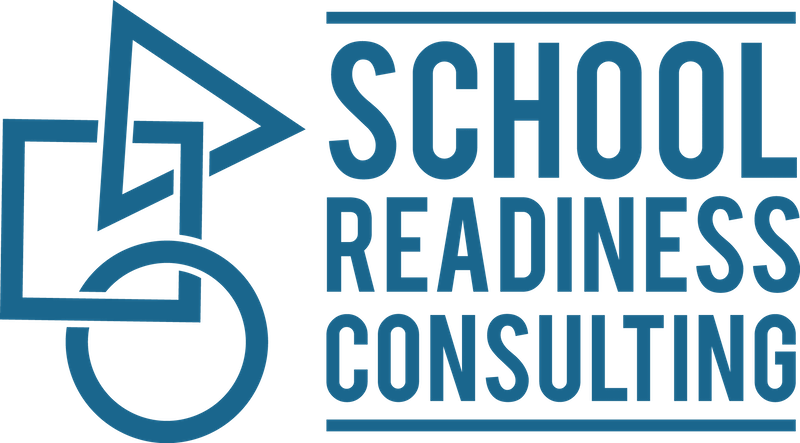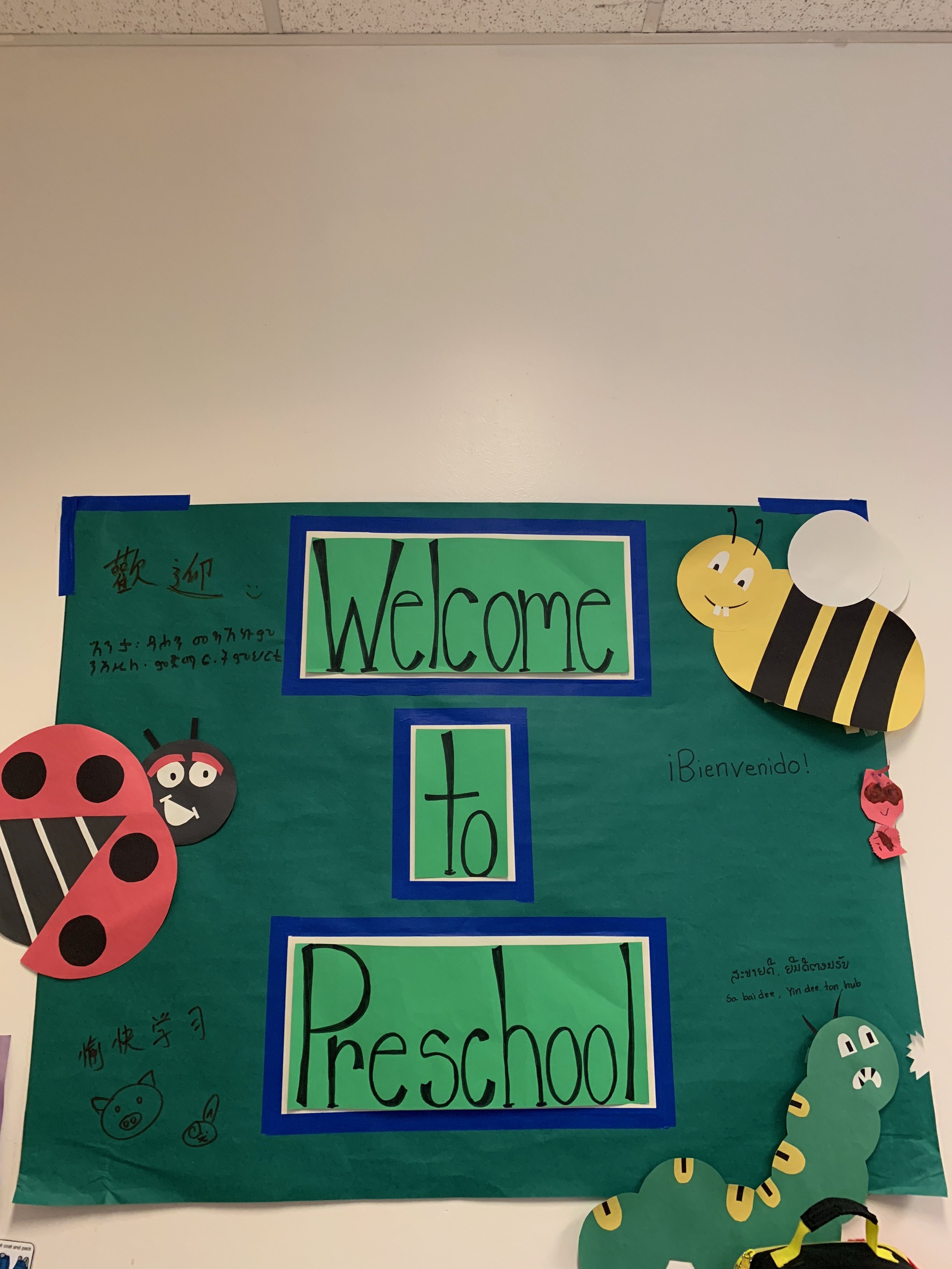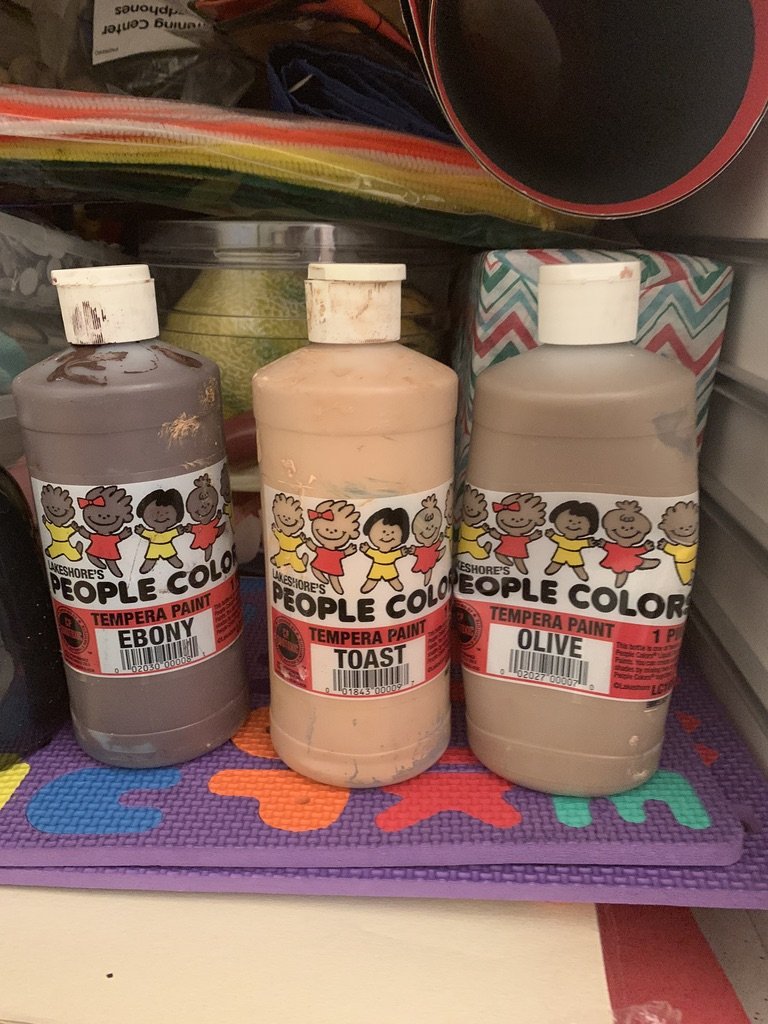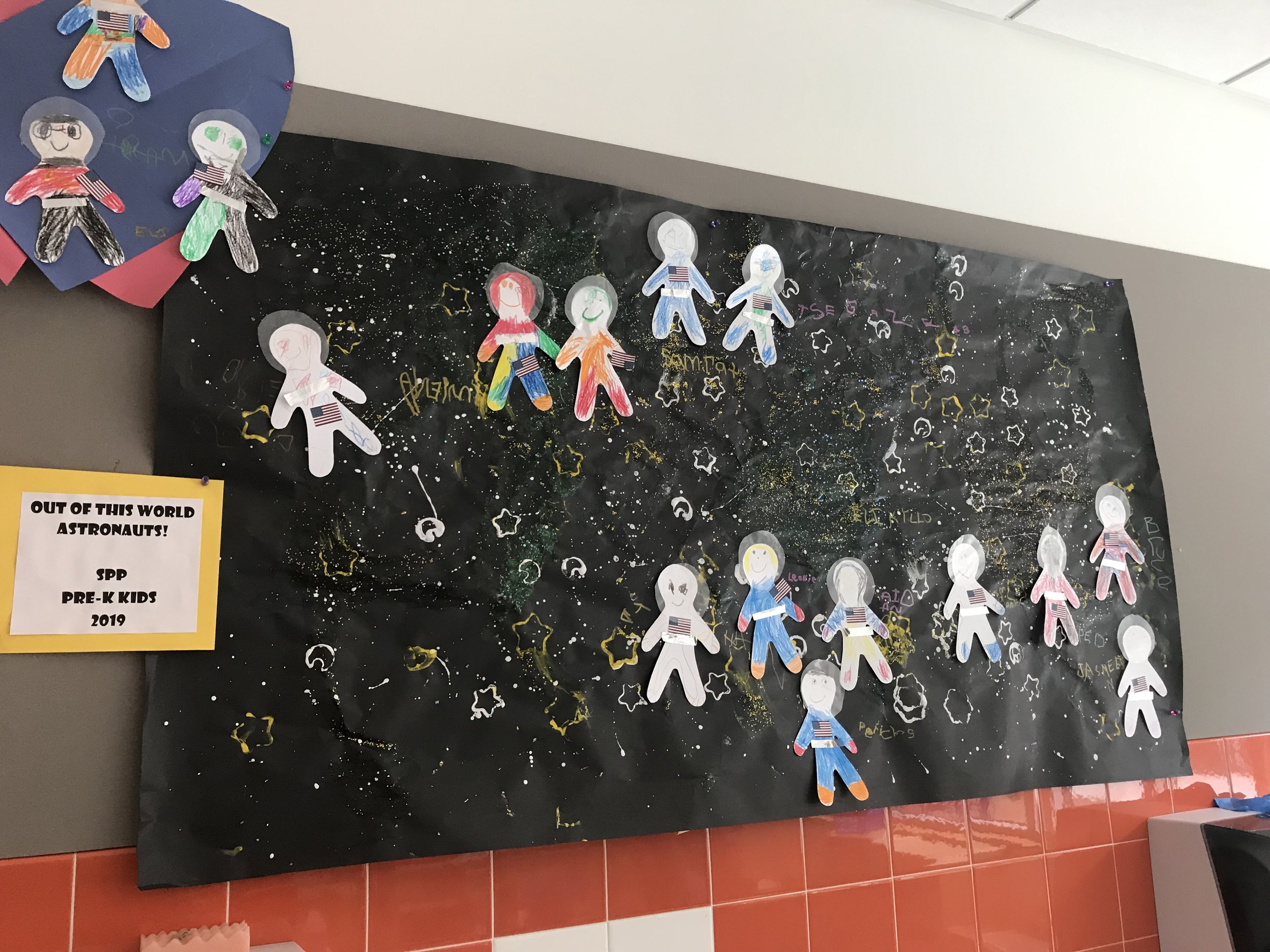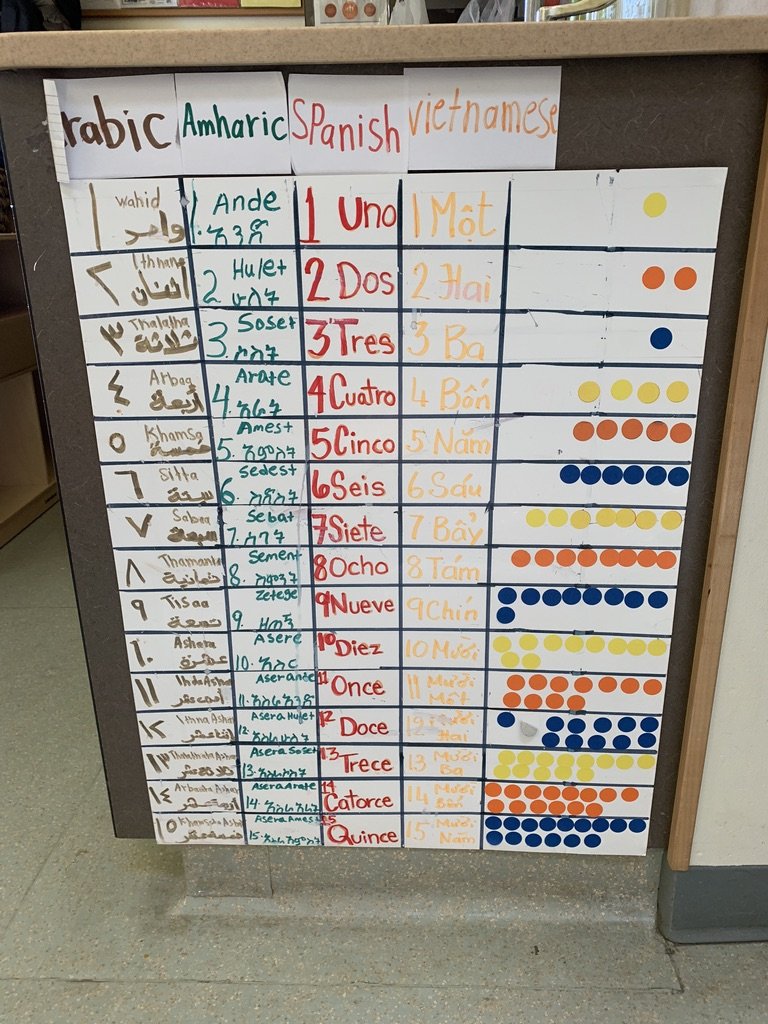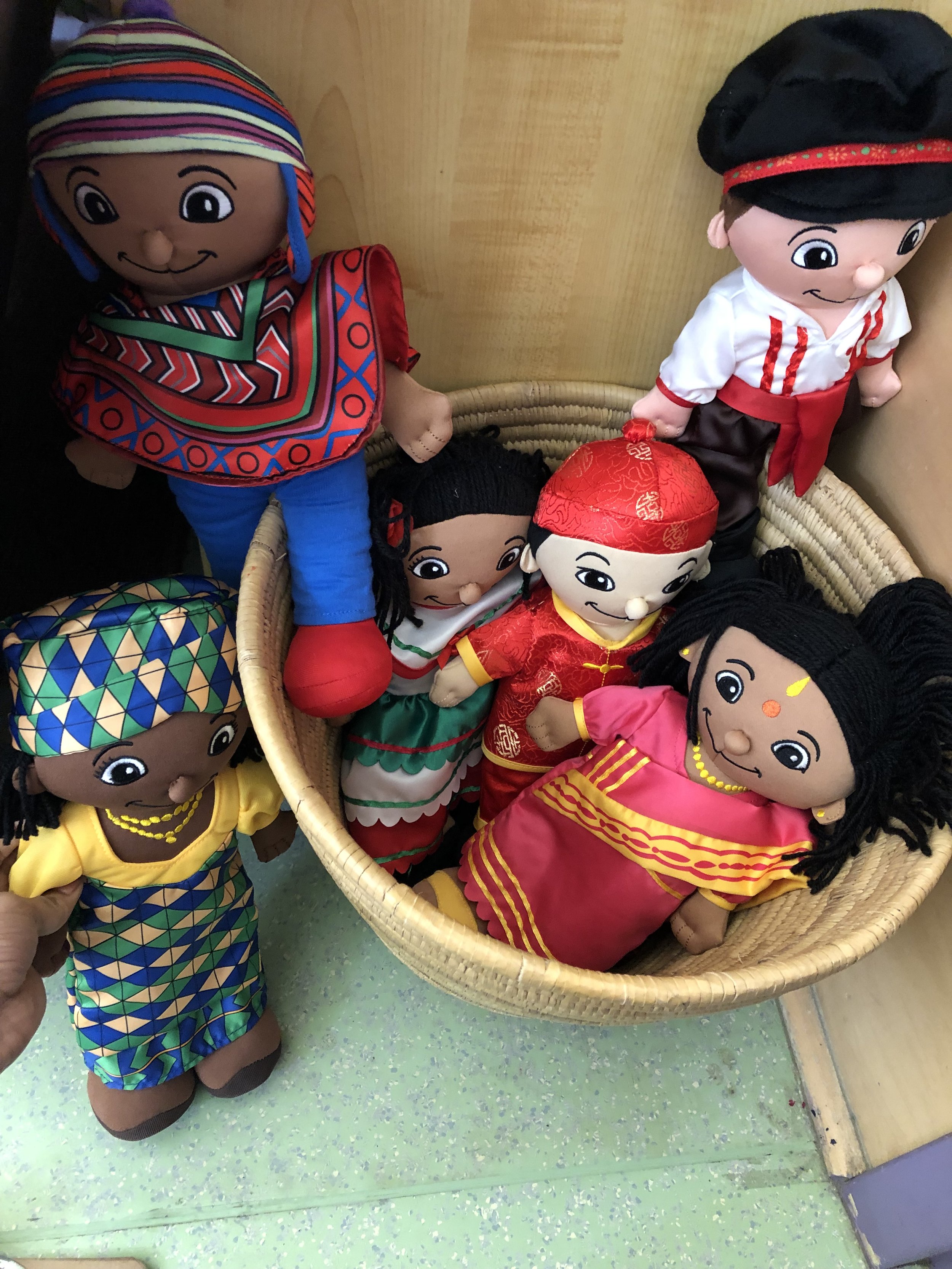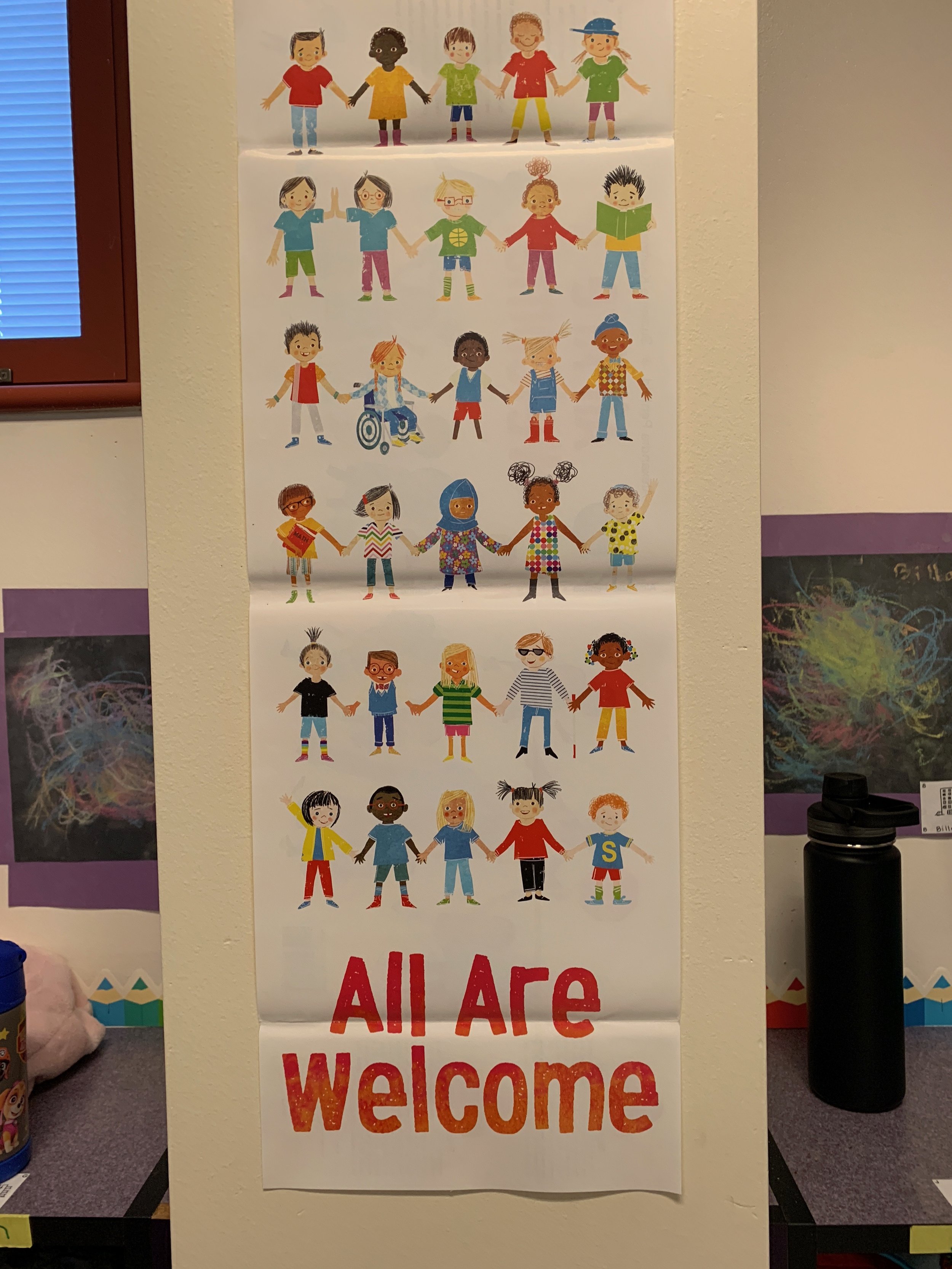Seattle Preschool Program: Process Evaluation Phases 1 and 2
Overview
The city of Seattle has a history of investing in its youth and has funded education-based initiatives since 1990. In response to the growing understanding of the benefits of preschool for children and communities, the Department of Education and Early Learning (DEEL) launched a demonstration phase of the Seattle Preschool Program (SPP). This initiative aimed to meet three goals: (1) increase access to full-time preschool for three- and four-year-old children across the city; (2) ensure that the preschool program is one of high quality by using a research-based curriculum and offering culturally responsive, engaging, and nurturing adult-child interactions; and (3) eliminate the racially disproportionate kindergarten readiness gap.
DEEL contracted with SRC on two occasions to conduct process evaluations of the SPP. The first study (2019) focused on providers’ experiences implementing best practices and using supports from DEEL during the first several years of the program. The second study (2021) focused on the effects of the COVID-19 pandemic and the racial justice movement during the 2020 program year.
Our Process
For both studies, the SRC used a mixed methods approach to examine how providers were delivering the SPP, including lifting up best practices and lessons learned. The SRC team focused on developing a process for collecting qualitative and quantitative data that answered the study research questions (without creating additional burdens for program staff).
In 2019, SRC conducted several in-person site visits that included classroom observations and interviews or focus groups with key stakeholders and collected extant data on program quality, student progress, and family attitudes from DEEL. SRC led all aspects of the study—formulation of research questions, site sampling, data collection, and data analysis and reporting—to ensure that data collection protocols effectively gathered insights on individuals’ experiences, practices, and factors that may impact how programs are delivered.
In 2021, SRC pivoted to a virtual approach and collected data via online interviews, focus groups, and coaching session observations. The 2021 study also included a staff survey for collecting responses to a broader sample of program staff who did not participate in in-depth interviews or focus groups. SRC managed all aspects of the research process, including survey instrument development, participant sampling, launch and administration, incentive delivery, data cleaning, and analysis. The team developed the survey instrument in partnership with DEEL and administered the survey to a sample of 180 program staff, with a response rate of more than 60%. Data from the survey were analyzed in conjunction with data from focus groups and interviews.
The Outcome
This effort informed a series of case studies and reports (2019 and 2021) that were developed to share findings and recommendations focused on improving SPP and advancing early learning opportunities for all children in Seattle. Many of these recommendations were implemented immediately or used for future planning.
Related Work
SRC Contributors
Managing Associate
Senior Director
Principal Associate
Senior Director
